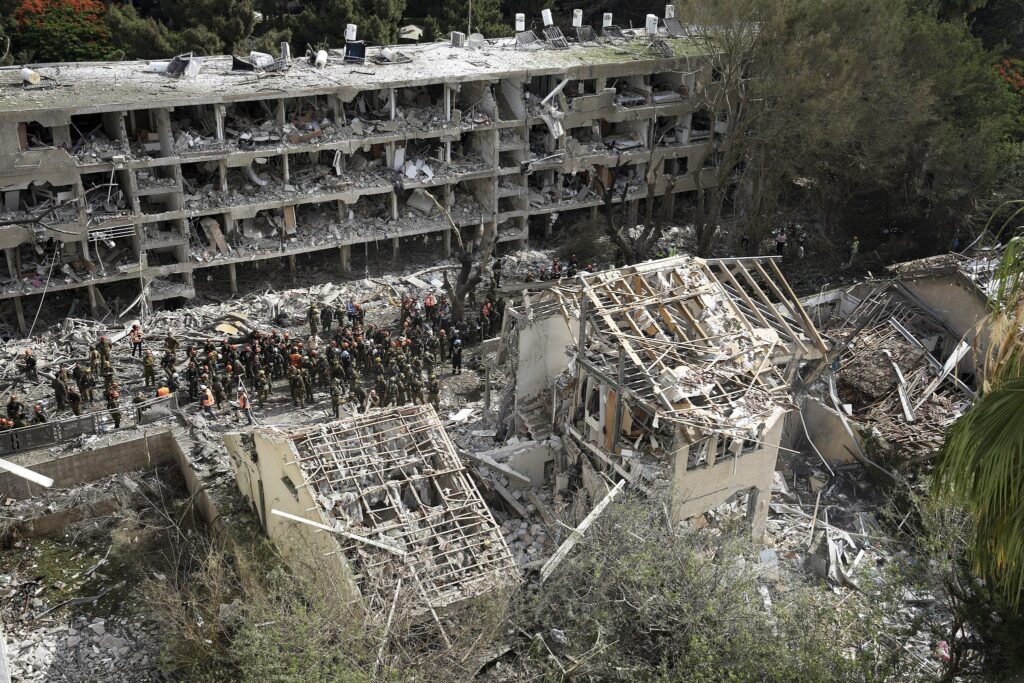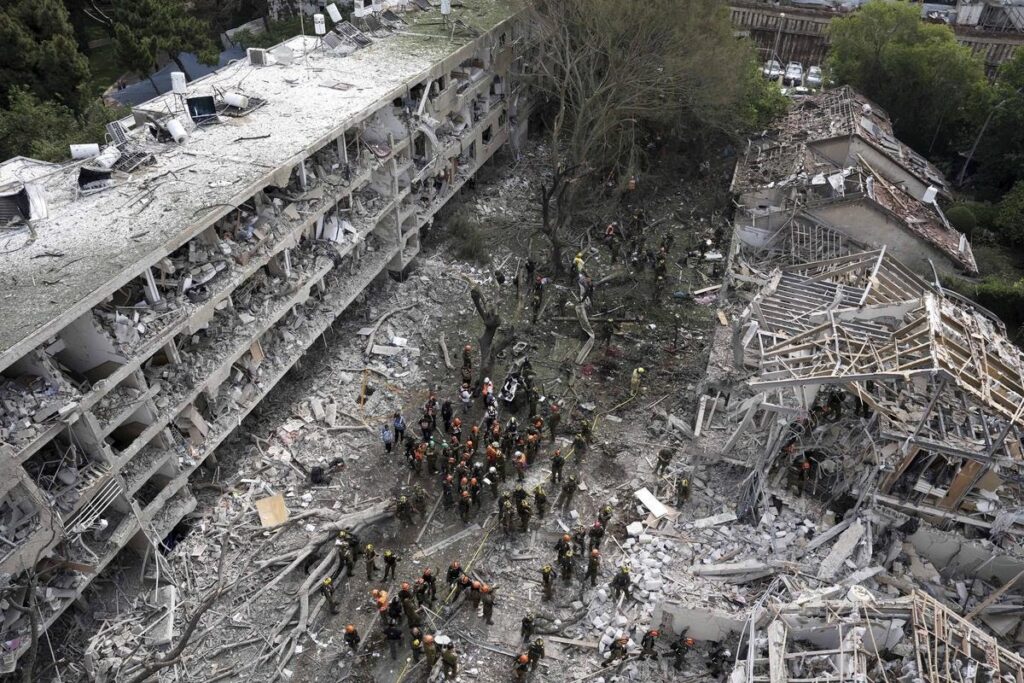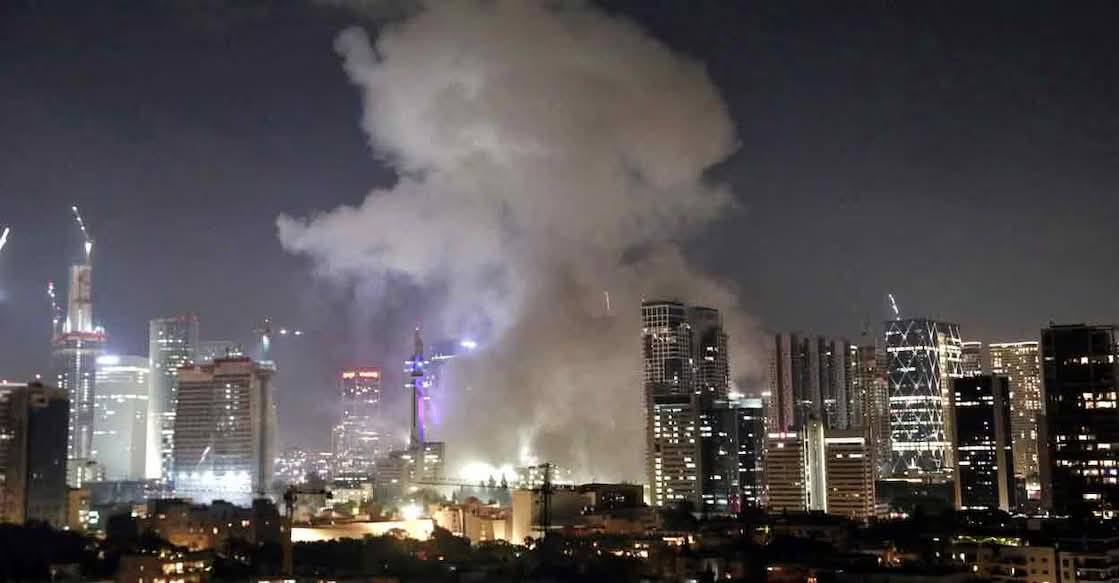
A potential pathway to de-escalation has emerged in the volatile conflict between Israel and Iran, with US President Donald Trump announcing a “complete and total ceasefire” on Monday, following 12 days of intense hostilities. While Israel has publicly affirmed its agreement to the proposed truce, signals from Tehran remain more ambiguous, suggesting a delicate and uncertain path toward peace.
President Trump, in a statement delivered via social media, lauded both nations for their “stamina, courage, and intelligence” in reaching this potential cessation of hostilities. He outlined a staggered ceasefire, with Iran purportedly initiating the halt in operations, followed by Israel 12 hours later, leading to a complete end to the “12 Day War.”
Israeli Prime Minister Benjamin Netanyahu confirmed on Tuesday that Israel had indeed agreed to a bilateral ceasefire with Iran, a decision made in coordination with President Trump’s initiative. Netanyahu stated that Israel believed it had achieved its key objectives in “Operation Rising Lion,” including addressing concerns regarding Iran’s nuclear and ballistic missile programs. However, the Israeli leader also issued a strong caveat, emphasizing that “Israel will respond forcefully to any violation of the ceasefire.”

The Iranian stance, however, presents a more complex picture. While some Iranian state media outlets reported the ceasefire as being in effect, Iran’s Foreign Minister Abbas Araghchi initially conveyed via social media that there was “NO ‘agreement’ on any ceasefire or cessation of military operations.” He further indicated that Iran’s military operations would cease if Israel halted its “illegal aggression.” Subsequent statements from Iranian officials and state media have hinted at a cessation of military activity, with some describing it as an “imposition of a ceasefire on the Zionist enemy.” Notably, Foreign Minister Araghchi suggested that Iran’s forces continued their operations “until the very last minute” before the proposed ceasefire deadline.
Reports of continued missile activity from Iran towards Israel even after Trump’s initial announcement highlight the extreme fragility of the situation. Israeli emergency services have reported fatalities and injuries in southern Beersheba from missile barrages, and the Israel Defense Forces detected new missile launches from Iran hours after Israel confirmed its acceptance of the ceasefire. This ongoing activity underscores the challenges of implementing and sustaining a truce in an environment marked by deep-seated animosities.
Qatari officials are reported to have played a crucial intermediary role in facilitating these discussions. The White House acknowledged Qatar’s efforts, with President Trump extending his gratitude to Qatar’s Emir, Sheikh Tamim bin Hamad Al Thani, for his assistance. The preceding US and Israeli strikes are believed to have inflicted significant damage on Iranian nuclear sites, though Iran maintains that its nuclear technical capabilities cannot be eradicated.
By: David S Johnson | TPA Senior Reporter | editor@thepointafricanews.com








Leave a Reply